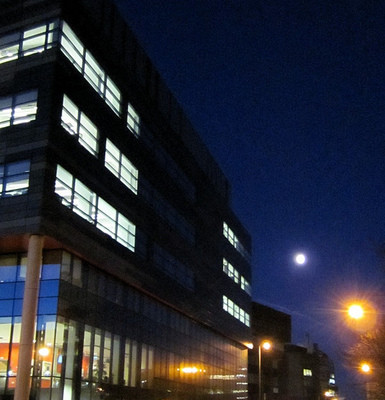International Trends in Mediation
I once had the honour to meet the first woman in Space, Valentina Tereshkova. She said something that has always stuck in my mind: “Once you have been in Space you appreciate how small and fragile the earth is”. She meant that Space is a good place to be if you want put things into…


